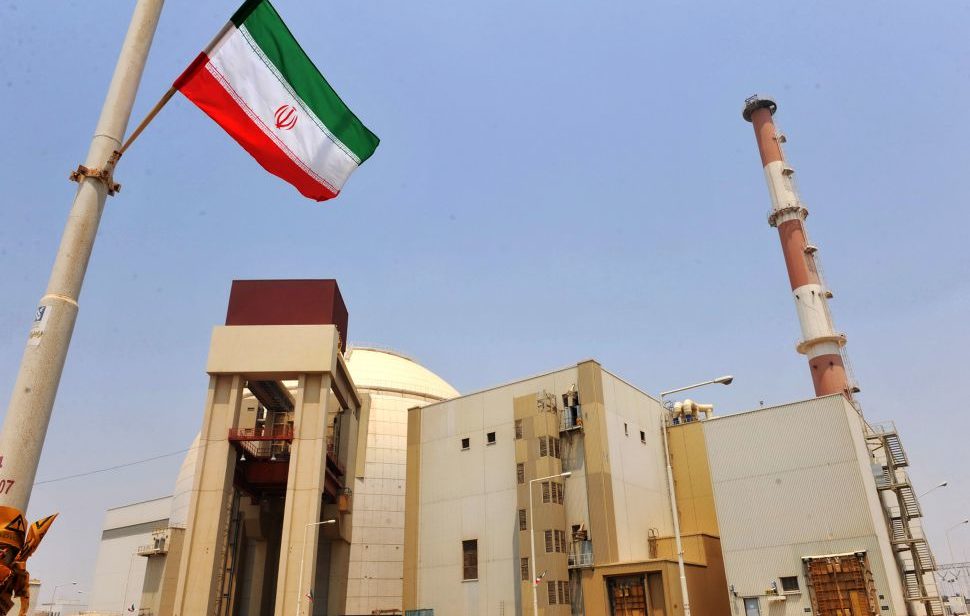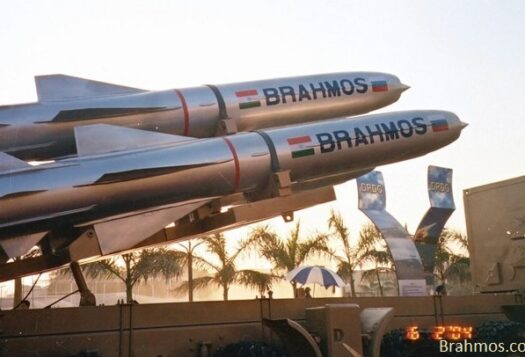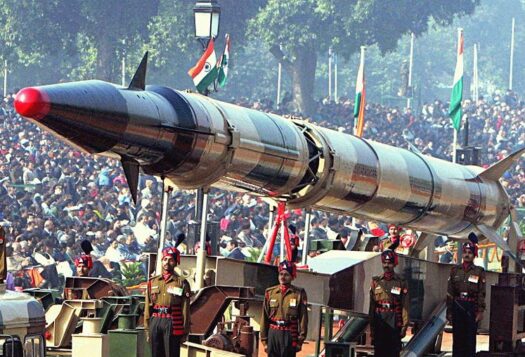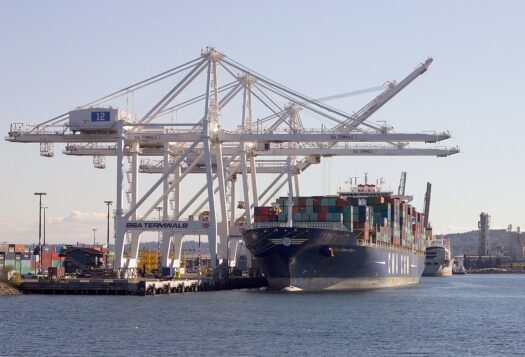
The Iran nuclear deal has opened the Iranian economy to the world, and lifting of sanctions is expected to bring anywhere between $29 and $150 billion. However, Iranian intentions have been suspicious since the revolution in 1979, and since then, it has generally played the role of a destabilizer in the region. The nuclear program has slowed down for 15 years, but the possibility of Iran returning to it, after the deal term ends, remains.
Saudi Arabia and Turkey have serious reservations over the Iran deal, and U.S. Secretary of State John Kerry has spent considerable time in the Gulf, pacifying allies over this agreement. Iranian involvement in Syria, Yemen and Iraq has been a concern for Sunni states. Iran has played a significant role in the ongoing Syrian crisis by supporting President Bashar al Assad. It has supported both Sunni and Shia militant groups: it has lent monetary and weapon support to Sunni Hamas’ militant wing in Palestine, and enlisted Shia Hezbollah’s help recently to replace Hamas in Palestine with another militant group al-Sabirin, due to Hamas’ refusal to support Assad.
Tehran has stronger political institutions than Riyadh, and unlike Saudi Arabia, whose sole reliance is on oil, Iran has a much wider economic base. It has had a farsighted foreign policy agenda to contain Israel, Saudi Arabia and Turkey. In such a situation, the Iran nuclear deal may trigger Saudi and Turkish efforts to develop nuclear weapons. Among Gulf allies of the United States, there is growing anxiety over a Persian pivot. Iran turning into a strong regional power will have far reaching regional security implications, discussed below.
Security conditions in the Middle East have a direct bearing on South Asia. Iran is a significant actor and stakeholder in Afghanistan’s upcoming security set up. The Chabahar port project, which helps link India to Iran and Central Asia through Afghan territory, has brought the two together on Afghanistan. Iran’s involvement in the Yemen conflict and confrontation with Saudi Arabia can certainly have an impact on militant groups in South Asia, who are Saudi-funded and backed. Iran-Saudi confrontation will give an excuse to these groups to be violent again. There is also friction between Riyadh and Islamabad on Pakistan’s refusal to join Saudi troops in Yemen. Peace in Afghanistan seems elusive. Pakistan’s military operation against terrorist groups in its tribal belt has allegedly forced them to move to Afghanistan, and the weaker government and inadequate security control there may provide them enough space to regroup and operate.
Pakistan is already under immense social pressure owing to growing sectarianism. Due to the Iran deal, Pakistan may receive direct pressure from Saudi Arabia to help it develop nuclear weapons, once again embroiling Pakistan in their rivalry. Pakistan has invested considerable social, economic and financial resources in countering terrorism. But this situation may trigger a fresh wave of terrorism, by exploiting sectarian tensions in the country. An unstable Pakistan is a grave threat for regional security, which may impact India and even reach Bangladesh, which is already facing religious extremism.
The first impression of the Iran deal is of economic opportunities. But an economically strong and stable Iran will be more empowered to act independently on its preponderant designs. It seems unlikely that Iran will give up nuclear weapon development, due to its equation with Israel and Saudi Arabia. It is already pursuing a policy of creating more space and a larger role for itself in the Middle East. Pakistan, being a leading state in fighting terrorism, will be affected by the security shift in the Middle East. The sectarian wave that may possibly envelop the Middle East due to Iran’s increased international activities might have a direct effect on South Asia, which is already affected by religious extremism.
***


